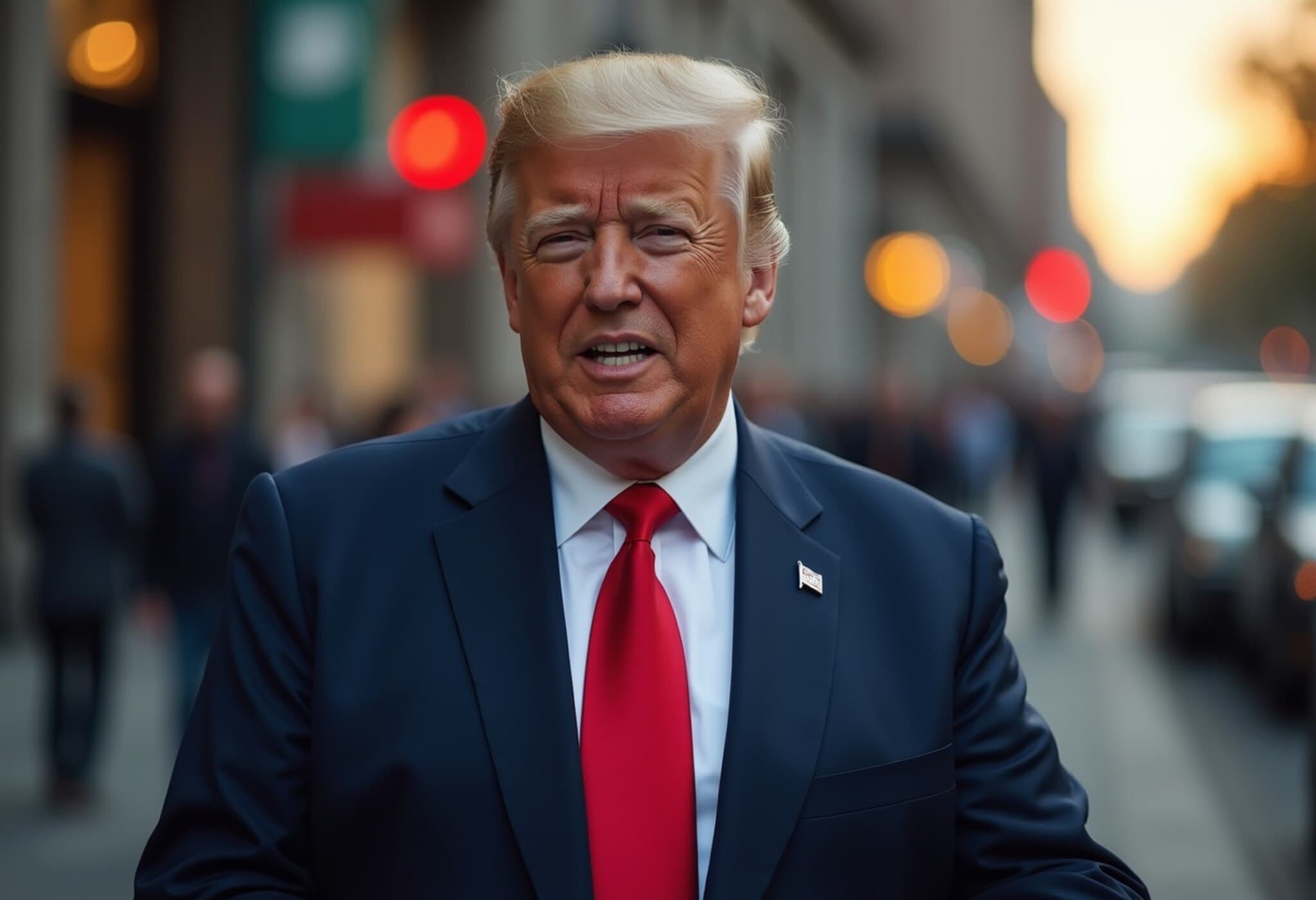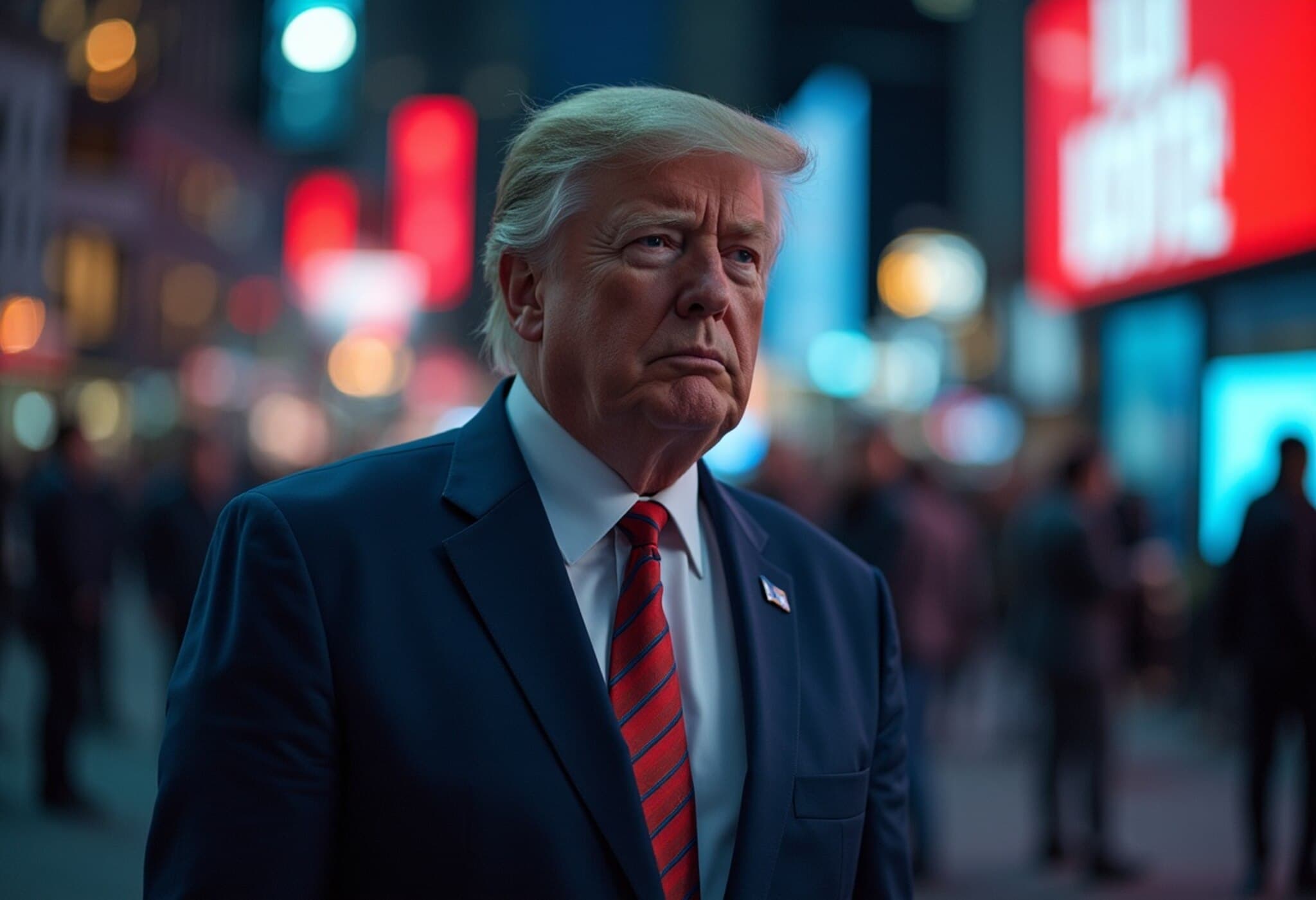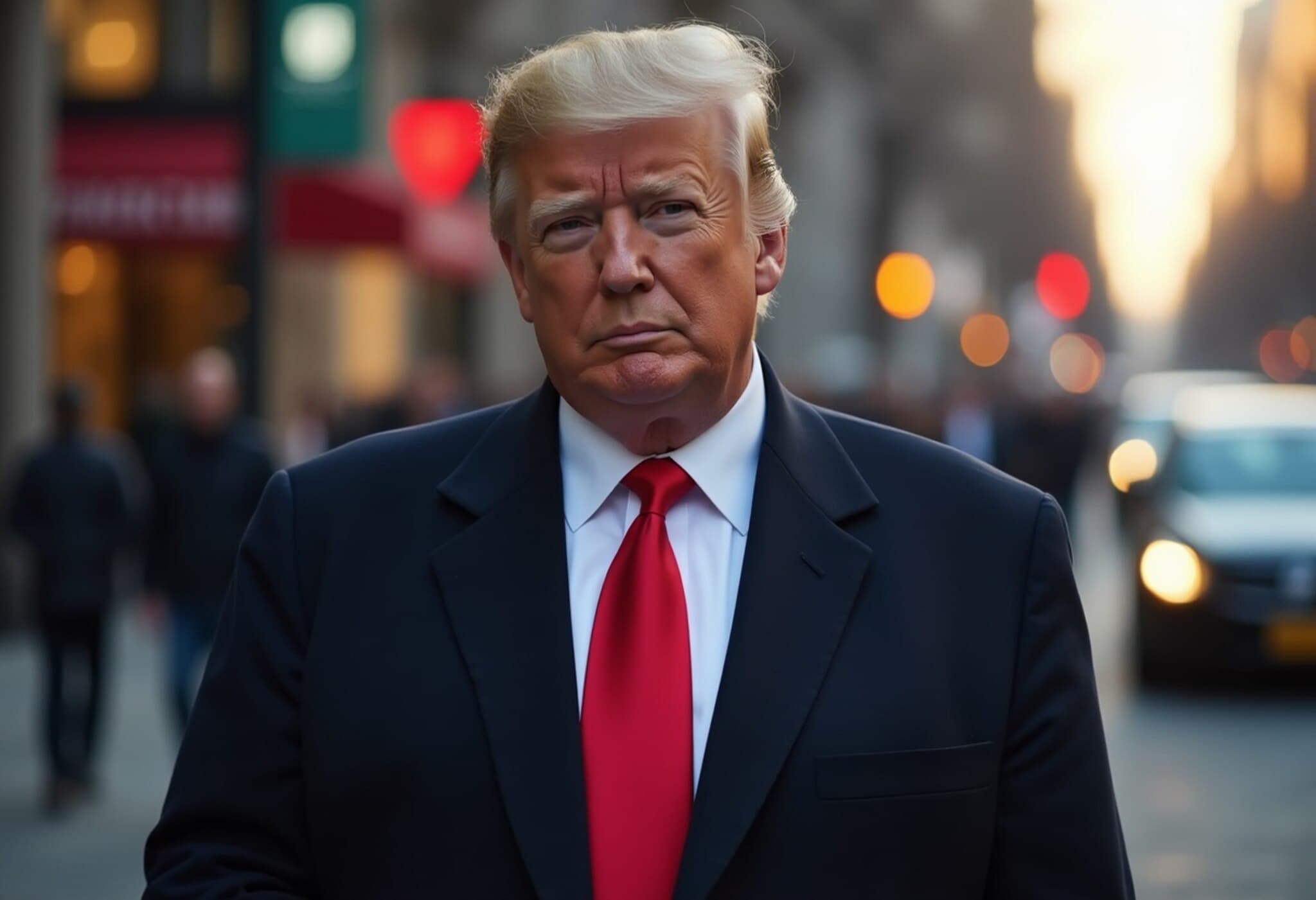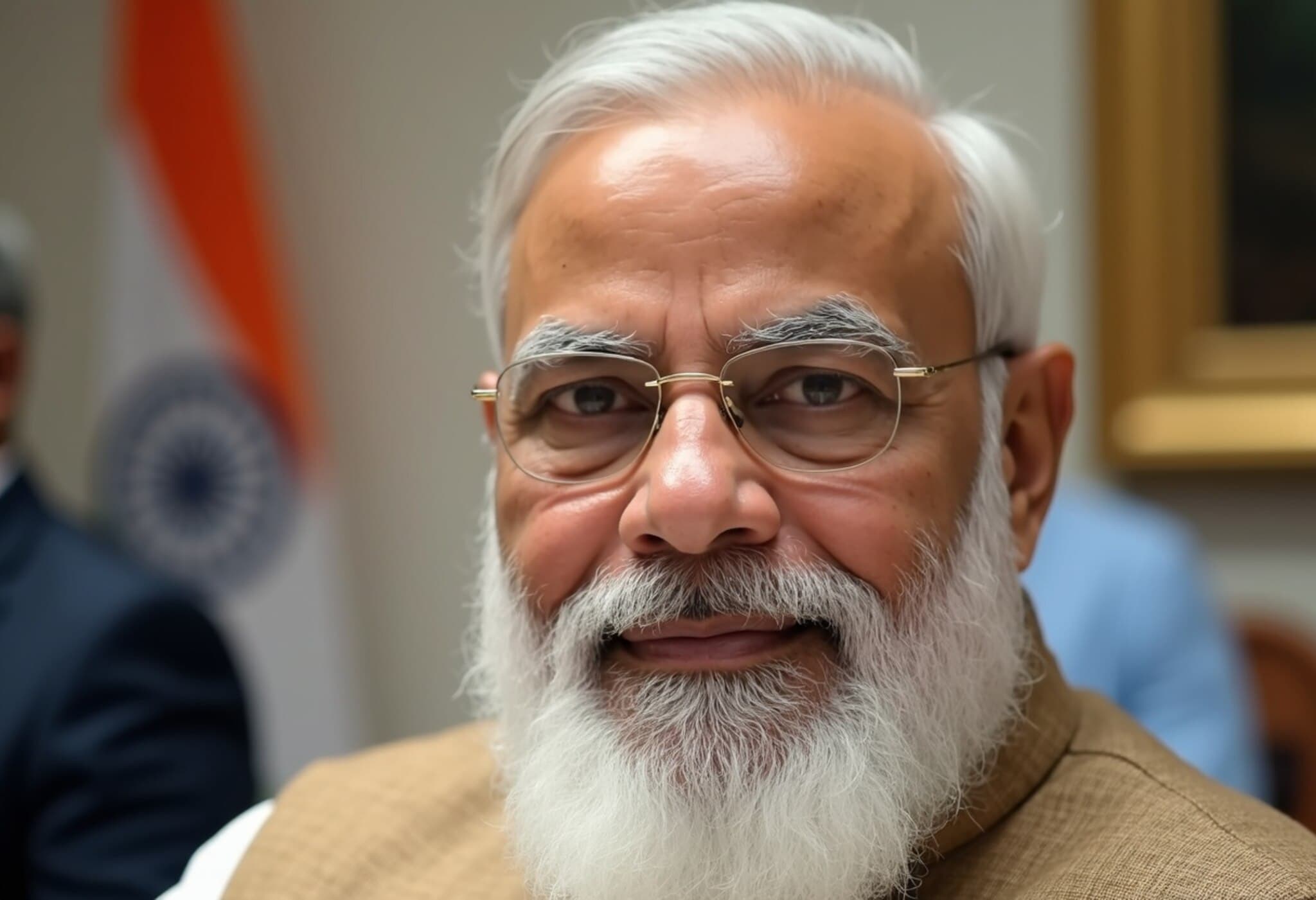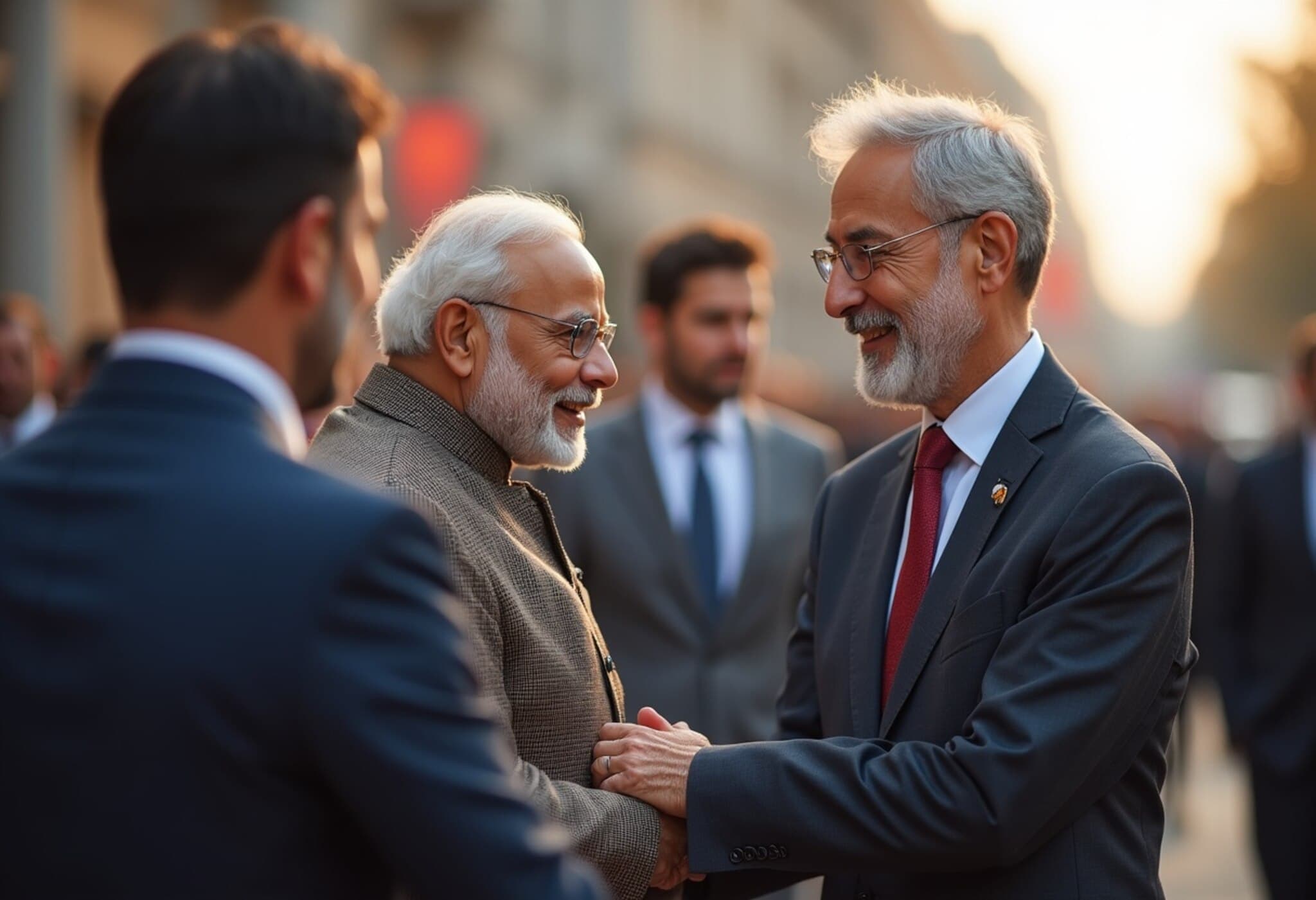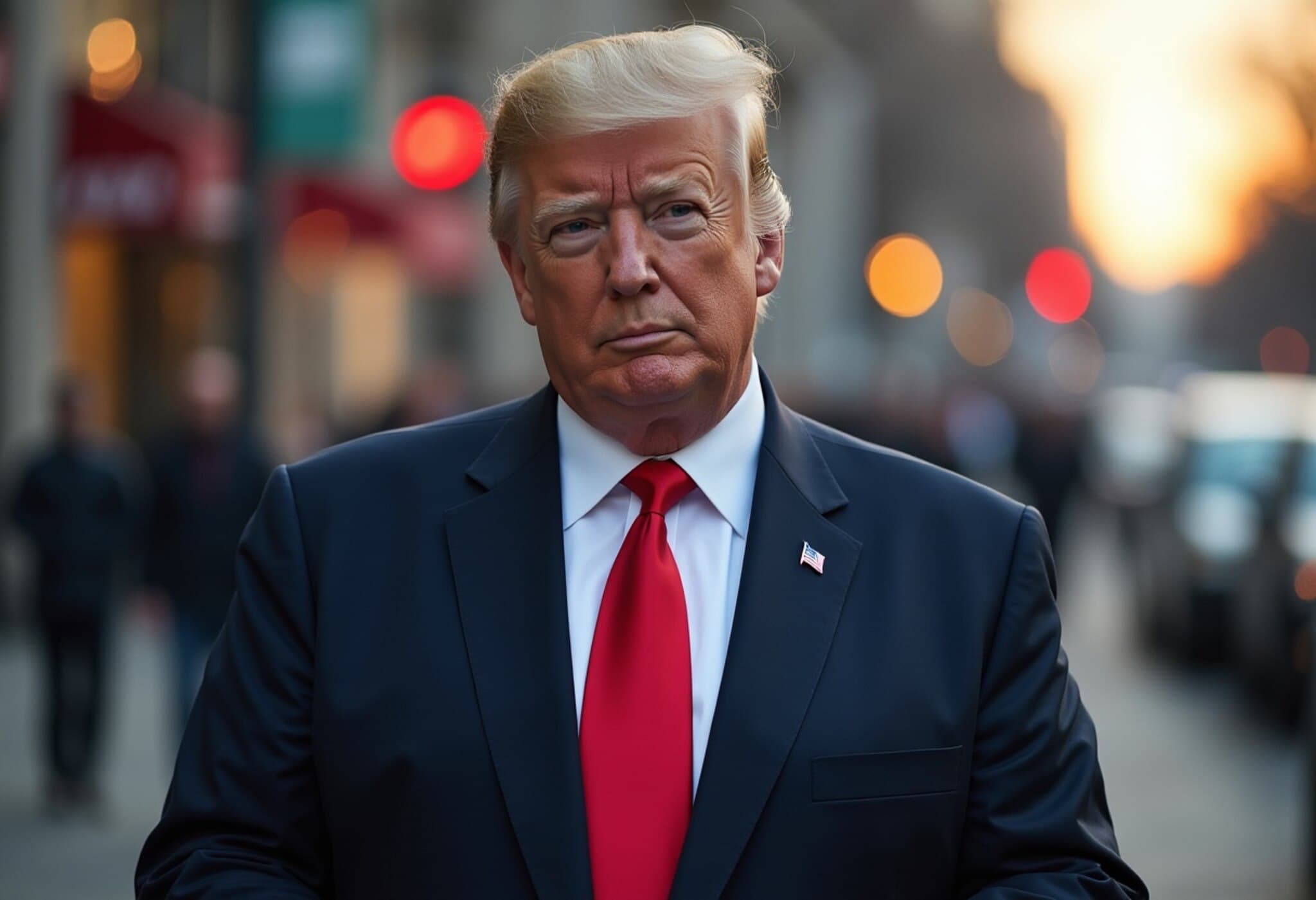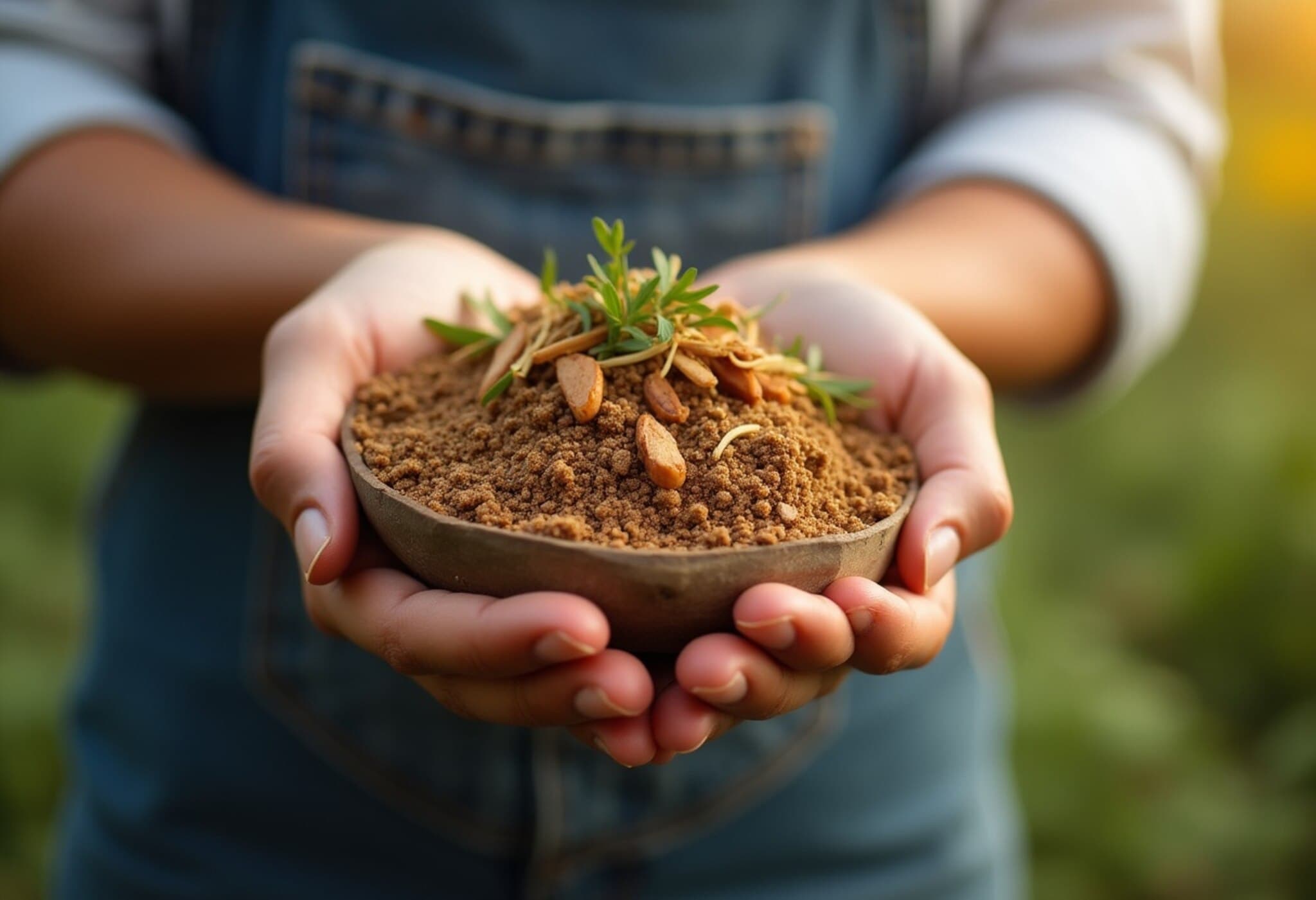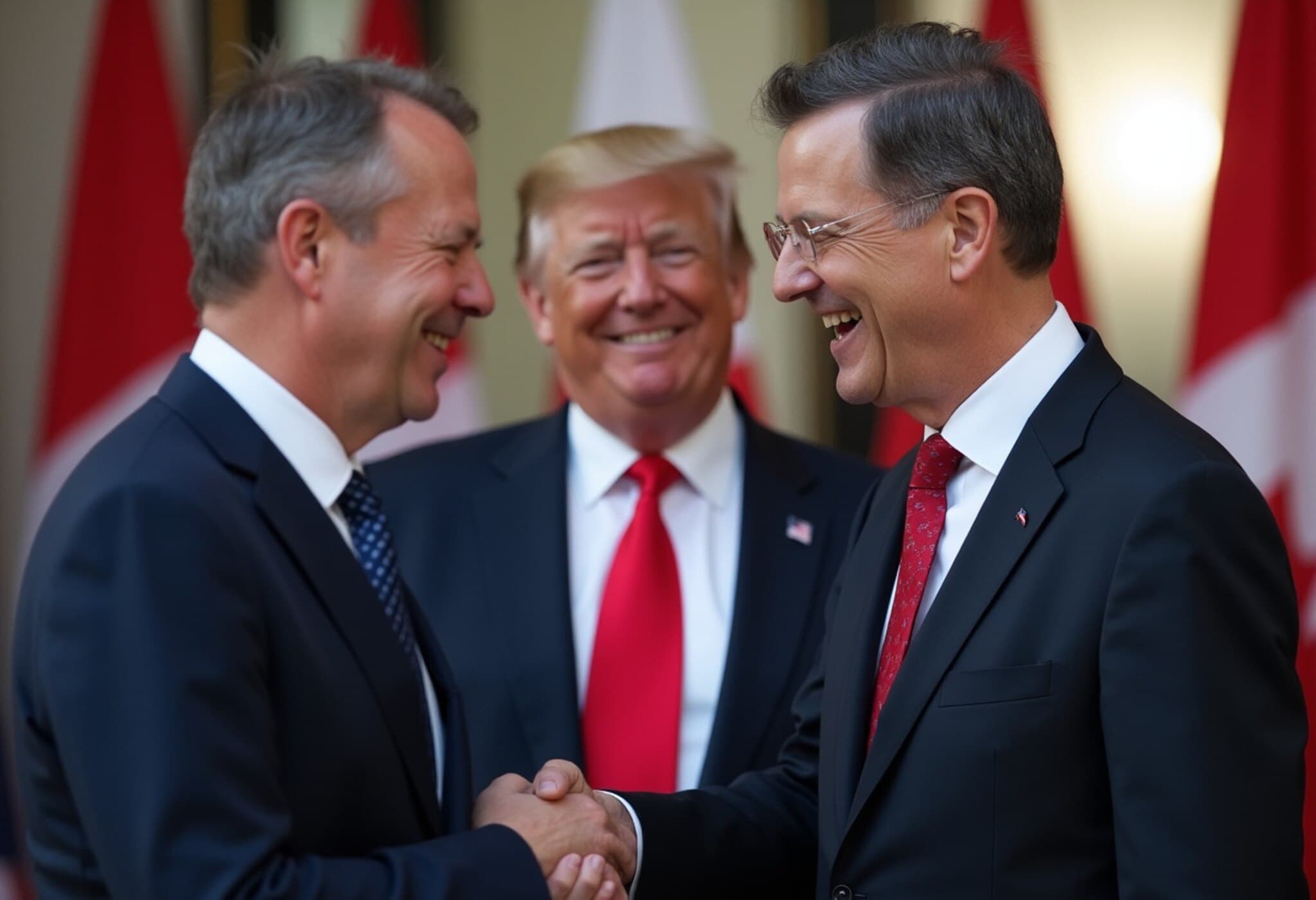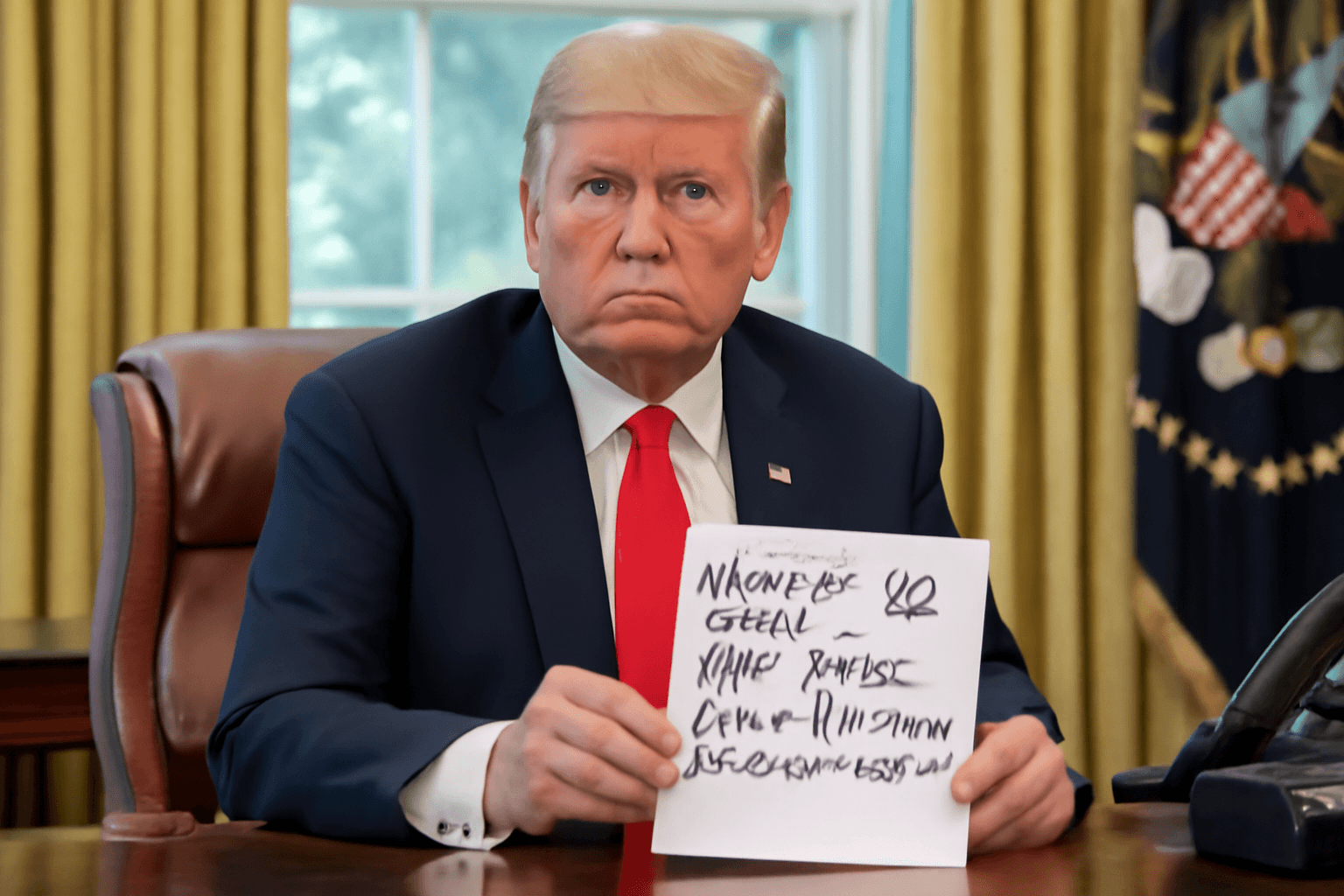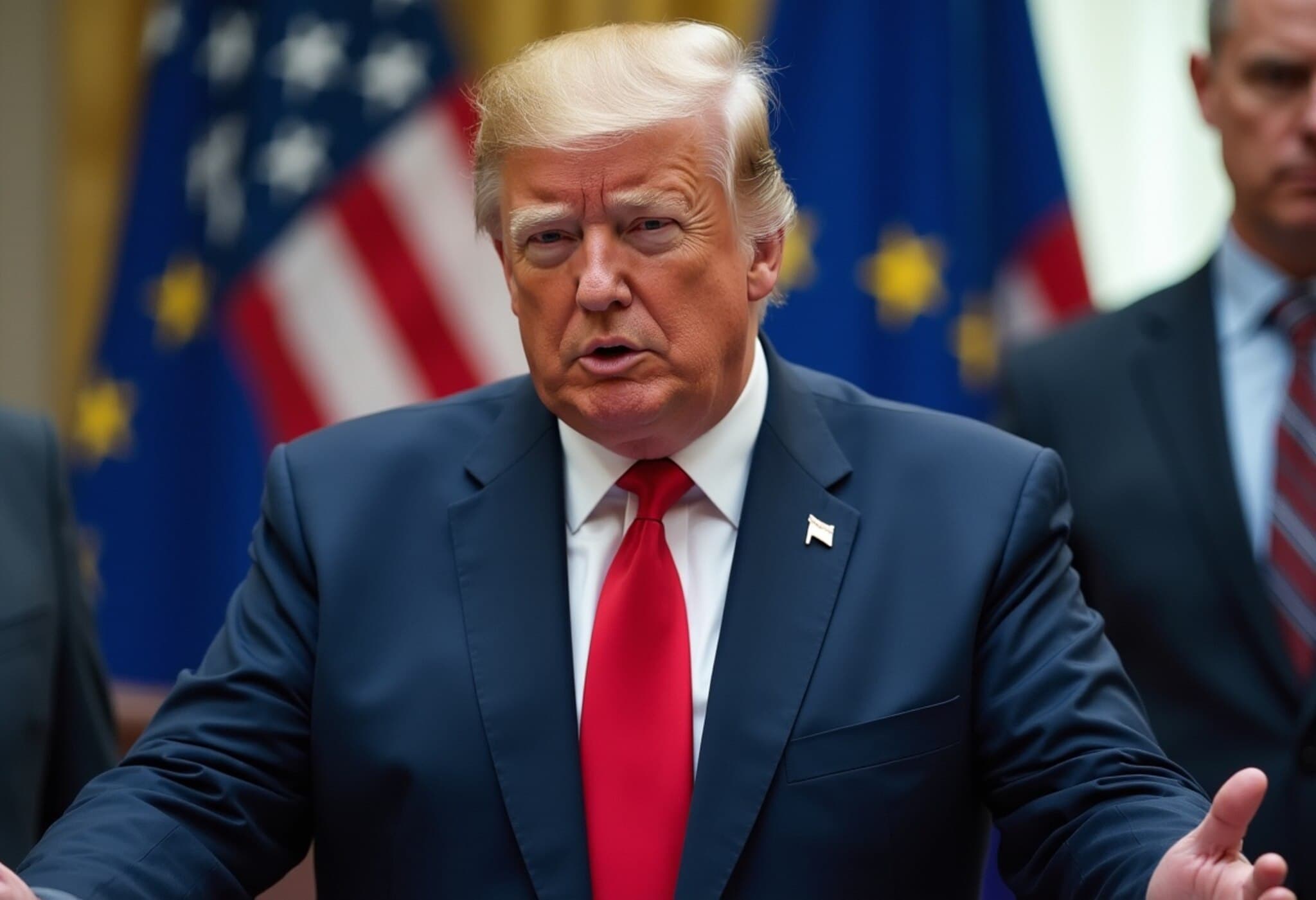India-UK Free Trade Agreement: What It Means for Scotch Whisky Prices
The recently negotiated Free Trade Agreement (FTA) between India and the United Kingdom has stirred anticipation among whisky enthusiasts across India, promising potential reductions in tariffs on UK-made spirits such as Scotch whisky and gin. However, a closer look reveals that the long-awaited drop in Scotch whisky prices may not materialize as quickly or as significantly as consumers hope.
Tariff Cuts: Gradual and Limited Impact
The UK-India FTA proposes to halve import duties on Scotch whisky and gin. On paper, this sounds promising for those longing to savor quality spirits without premium pricing. Yet, industry specialists caution that this tariff reduction will unfold gradually — moving from current levels down to 75% once ratified, and ultimately reaching 40% over the next decade. This extended phase-out means major price changes won’t hit the shelves overnight.
Experts highlight that only about 15-20% of the retail price of Scotch whisky is attributable to customs duty. This means even a halving of tariffs will translate roughly to an 8-10% decrease in consumer prices at best.
Beyond Tariffs: The Bigger Pricing Puzzle
While customs duty is a critical component influencing import costs, it represents just one part of the whisky’s final retail price. Other significant elements include:
- State Excise and Local Taxes: These levies can substantially inflate prices and vary across Indian states, often constituting a higher percentage than import duties.
- Distribution and Retail Margins: Costs related to storage, transportation, and retailer profits add layers to the pricing structure.
- Marketing and Production Costs: Brand positioning and production expenses further influence the final tag on the bottle.
As a result, even with tariff reductions, many of these factors remain intact, limiting the scale of price drops consumers will observe.
Industry Response and Consumer Outlook
Leading spirits companies, including global heavyweight Diageo, have openly welcomed the FTA, viewing it as a positive step toward strengthening India-UK trade relations and broadening consumer access to premium Scotch whisky. Praveen Someshwar, MD & CEO of Diageo India, remarked that the treaty is historic and will likely invigorate the spirits market in India.
However, industry insiders stress tempered expectations, noting that the modest tariff cut represents only a sliver of potential savings. Moreover, some producers who blend Scotch spirits into Indian brands may see logistical or input cost benefits that don’t fully translate into consumer price reductions.
Legislative Hurdles and Timeline
The FTA’s provisions are pending ratification by the UK Parliament, which experts predict will likely happen by mid-2026. Only after formal parliamentary approval will tariff adjustments begin to take effect, subject to the gradual schedule outlined.
The drawn-out timeline underscores the complex nature of international trade agreements and their ripple effects on even everyday consumer goods like whisky.
Why This Matters: Economic and Consumer Perspectives
The India-UK FTA highlights the intricate interplay between trade policy and consumer markets. For Indian consumers, particularly whisky aficionados, it is a reminder that tariff reductions are but one piece of a complicated pricing mosaic. While cheaper Scotch whisky remains a tantalizing prospect, achieving it involves navigating layers of taxation and market structures beyond just customs duties.
For policymakers, the FTA underscores the need for collaborative efforts on multiple fronts—addressing state-level taxes and supply chain efficiencies—to truly benefit consumers. It also signals to the industry and trade analysts that expectations should be realistically managed and that the FTA’s broader implications for bilateral commerce warrant close monitoring.
Underexplored Questions
- How will varying state excise regimes across India factor into the ultimate consumer prices for imported spirits?
- Can producers leverage tariff reductions to improve domestic blending and innovation, potentially expanding the premium spirits market?
- What lessons does this FTA hold for future trade negotiations aiming to balance industry demands, government revenues, and consumer interests?
Editor’s Note
The India-UK Free Trade Agreement represents a significant milestone in bilateral relations, yet its tangible benefits for Indian whisky drinkers will emerge slowly and modestly. Consumers eager for affordable Scotch should temper expectations and stay informed about broader tax reforms and industry developments that influence prices beyond tariffs. This story is a compelling example of how international trade is woven into everyday life—and why nuanced understanding matters.



